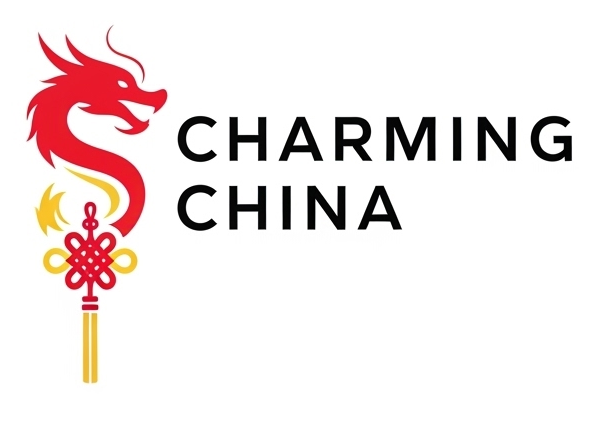Waging War: Sun Tzu on Cost, Resources & Efficiency
In the second chapter of The Art of War, Sun Tzu shifts focus from planning to the practical realities of executing a campaign. Known as “Waging War” (作战篇), this section emphasizes the cost of conflict, the importance of resource management, and the dangers of prolonged struggles. Although written over 2,500 years ago, Sun Tzu’s insights into cost efficiency and resource allocation remain essential for modern leaders, businesses, and even individuals.
The True Cost of War
Sun Tzu warns that war is expensive — not only in terms of money but also in human lives, morale, and long-term stability. He writes:
“In war, let your great object be victory, not lengthy campaigns.”
Prolonged conflict drains resources and weakens nations. In the modern world, the same principle applies: long projects without results can exhaust companies, governments, or individuals.
Key Lessons from “Waging War”
1. Efficiency Matters More Than Force
Victory is not about endless effort but about using resources wisely. Sun Tzu stresses speed and efficiency, noting that a swift resolution saves both cost and energy.
2. Avoid Prolonged Campaigns
Lengthy projects or wars increase costs, reduce morale, and create vulnerabilities. Leaders should focus on achieving goals quickly and decisively.
3. Resource Management Is Strategy
Sun Tzu highlights that feeding and equipping an army is often more costly than the battle itself. In business terms, supply chains, logistics, and budgeting are just as critical as innovation.
4. Smart Use of Resources
Reusing or acquiring enemy resources (in business, market opportunities or competitor gaps) reduces cost and boosts efficiency.
Modern Applications
Business Strategy
Companies that waste time and money on drawn-out strategies often lose ground to faster, more adaptive competitors. For instance, Tesla’s rapid innovation cycles illustrate how speed can dominate traditional industries.
Project Management
Delays and scope creep mirror Sun Tzu’s warning about prolonged wars. Agile methodologies today echo his advice: work in focused, efficient cycles instead of endless campaigns.
Personal Finance & Life
For individuals, Sun Tzu’s principle is a reminder not to burn out. Overcommitting time and money to long-term projects without clear milestones leads to exhaustion. Efficiency and balance are key.
Famous Example: Amazon’s Supply Chain Mastery
Amazon thrives not because it fights the longest battle, but because it optimizes resources with unmatched efficiency. Fast logistics, predictive data, and minimal waste embody Sun Tzu’s belief that resource management is as crucial as the battle itself.
Key Takeaways
- Prolonged conflicts or projects drain resources.
- Efficiency and speed win over brute force.
- Strategic allocation of resources is often more important than direct competition.
- Smart leaders know when to finish quickly and conserve strength for the future.
Sun Tzu’s second chapter, “Waging War”, highlights the dangers of long, costly struggles and teaches us the importance of efficiency, speed, and resource management. In today’s competitive world, these lessons resonate more than ever — reminding us that the true art of success is not endless struggle, but smart and efficient execution.
FAQ
Q1: What is the main lesson of “Waging War” in The Art of War?
That prolonged conflict is costly, and success requires efficient use of resources and swift decision-making.
Q2: How does Sun Tzu’s lesson apply to business?
It warns against wasting time and money on drawn-out projects. Companies should aim for efficient, decisive strategies.
Q3: Why did Sun Tzu emphasize cost in war?
Because even the strongest army collapses if resources are depleted. Sustainability is key to long-term success.
Q4: Can individuals apply this lesson in daily life?
Yes. Whether managing personal finances, career growth, or health, focusing on efficiency and avoiding wasted effort mirrors Sun Tzu’s wisdom.
